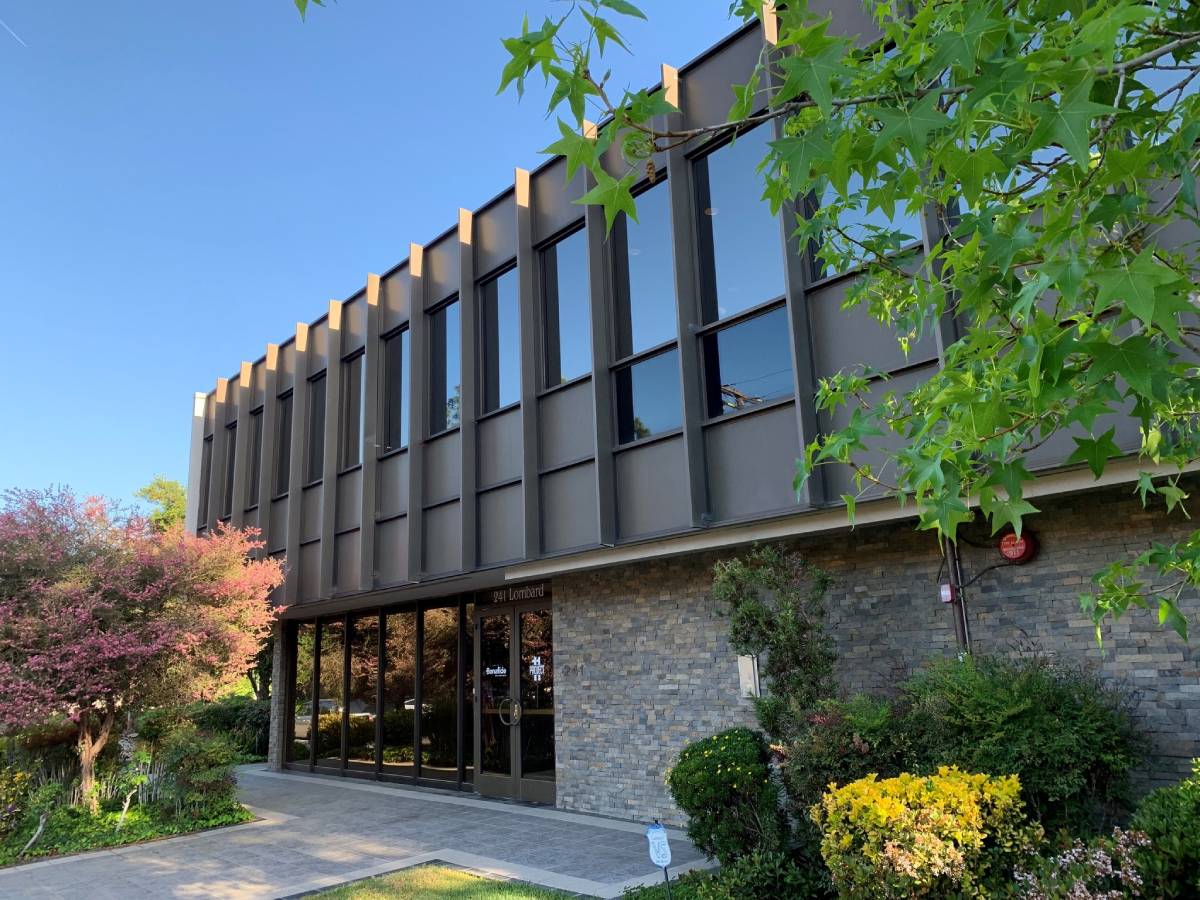Many businesses are experiencing the same income drop that you and I are.
In a relevant Costar article, Brad Tisdahl states:
“The people I’ve been in contact with are asking, how long and how serious is this going to get,” said Tishahl, adding he’s recently received a steady stream of inquiries from current and prospective clients. “Landlords want to get a sense of what they should be doing if they’re getting a lot of rent-relief requests.”
While it is true that many businesses are experiencing income drops, the landlords probably won’t give a rent reduction of any kind because they are going to have losses also as many businesses, especially in retail centers, will go out of business.
It doesn’t hurt to ask your landlord for a rent reduction, but you are going to have to prove your income drop, which is not normally something you do in advance, but rather in arrears after many months of the loss. You also have to prove that you don’t have enough other financial resources to cover your debts without this income and that you are probably going to terminate the lease early if they don’t help you in some way.
However, no landlord I am aware of will even consider a rent reduction without a tenant sending them proof of their losses and showing they don’t have sufficient assets to cover these losses on their own.
The First thing I would recommend is checking with your insurance carrier to see if you have business interruption insurance (you probably do) and to see if it covers mandatory required government closings and loss of business income otherwise for any other applicable events. There is usually a 90 day waiting period before a claim can be made on such policies. Click here for a promising link about this type of coverage. The main point here is to make the insurance claim so if your insurance company either decides to cover it or is required to cover it by the government you are in the queue before the other thousands of claims that will come in. This is to ensure, if there is coverage, you will get your money earlier than those who waited.
Landlord’s also have loss of rent insurance so you can check with your landlord to see if their coverage is in effect; if it is they will allow you not to pay rent. Because landlords will have to make a claim, I am recommending they do it sooner rather than later, even if they think there probably won’t be coverage. This is for the same reasons mentioned above regarding your business interruption insurance.
Many tenants are going to be in the same situation as you, so something will have to be done, or the landlords will have a lot of empty space.
In my opinion, your options regarding your current lease are the following: 1) Give back part of your space to the landlord. I don’t think this will appeal to your landlord much because currently the demand for space is very low and it will not be easy to lease it; 2) Sublease part of your space to others, especially those that might be potential referral sources for your business; you might actually end up receiving more rent than you are paying this way, but you also might want to make a better deal for someone who is a potential referral source for you. However, it might not be easy to sublease quickly because of demand for office space right now; 3) Terminate your lease early and relocate to another space in the building or to another property. Again, I don’t think this will appeal to your landlord but they may accept this option, or option #1 because it’s better than losing a tenant entirely. Moving to another property would be a more aggressive approach, but in my experience and opinion, you can usually get out of any lease for 6-12 months of your current rent. California usually requires landlords to mitigate a tenant’s lease damages, and the courts time and time again have stated this is the amount of time it should have taken the landlord to release your current location. I rarely see any award over 12 months of rent, but in most cases, the courts have awarded between 6-9 months of rent, as it really depends on your current market and how fast space is leasing for your particular type of space.
In a recent Bisnow article, Michael Huddleston states:
” Waiting for the government to force closure is a dangerous game of damned if you do, damned if you don’t, Huddleston said. “The problem is if you voluntarily shut the business down, and you have one of these policies that provide the coverage for when the civil authority shuts you down, you are going to potentially lose the coverage or at least limit the coverage if you shut down before the civil authority acts,” Huddleston said. “[But] if you wait for the civil authority to act, then you are potentially incurring liability to patrons coming in because you know there is a danger … that’s a liability exposure.”
I can help you with all of the matters mentioned above, but if you reach out to your landlord to see what options they offer, it won’t hurt.
I hope the above helps, and let me know if you want to discuss any of the above further, as each option has many more details that need to be considered.
Here are two additional resourceful articles on the topic:
Before You Break That Lease Over COVID-19, Negotiate First, Brokers Say
Force Majeure And Business Interruption Insurance May Not Be The Solution CRE Hopes
If you have questions about selling, buying, or leasing CRE or have any other CRE needs, please contact David Massie at david@djmcre.com or 805-217-0791.

